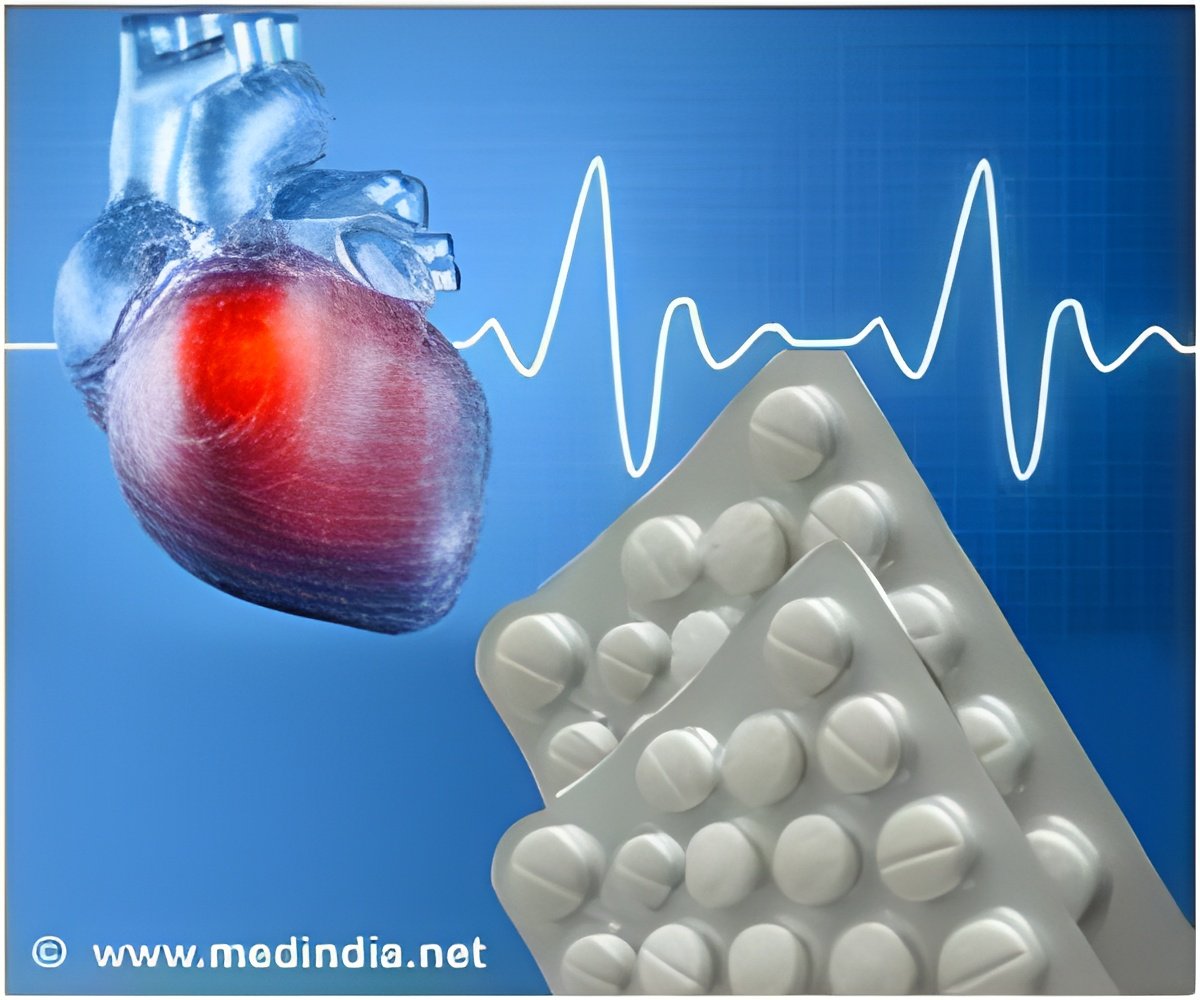Researchers have unveiled the benefit of statins in lowering abnormal blood clotting besides lowering cholesterol.

The research was performed using humans, monkeys and mice with highly elevated blood lipid levels. It indicated that elevated levels of oxidized low density lipoprotein (LDL) induces a molecule called "tissue factor" that triggers clotting. The study appears online in the January 3, 2012 issue of the Journal of Clinical Investigation.
"Statins have been shown to have antithrombotic activity in several previous studies. However, I believe our study is the first to elucidate how statins reduce the activation of the blood clotting process independently of their lipid lowering activity, said senior study author Nigel Mackman, PhD, FAHA. Mackman is the John C. Parker Distinguished Professor of Hematology in the Department of Medicine and Director of the UNC McAllister Heart Institute.
Additionally, Mackman noted that statins "only target the 'bad and inducible tissue factor', not the good one used in normal clotting, and therefore should not be associated with the increased bleeding risk that is a typical side effect of anticoagulant drugs currently on the market."
Mackman has spent the last twenty-five years studying tissue factor, the number one initiator of clotting in the body. Tissue factor normally resides outside the blood vessels, only coming into contact with blood after an injury, such as cutting your finger. However, it is expressed at high levels under certain abnormal conditions, such as inside atherosclerotic plaques, and gets turned on in a special subset of blood cells called monocytes. Mackman wondered if this was the cause for the abnormal clotting seen in patients with high cholesterol.
To test his hypothesis, Mackman and his colleagues analyzed humans, monkeys and mice with high cholesterol. They found that all three groups have elevated levels of tissue factor in the circulation. Then the researchers treated the mice and monkeys with simvastatin, a drug widely used to treat high blood cholesterol levels. They showed that simvastatin reduced levels of oxidized low density lipoprotein and circulating tissue factor which normalized coagulation without altering plasma cholesterol levels.
Advertisement
"Though statin therapy is primarily prescribed to lower cholesterol, some added benefits are its anti-inflammatory and antithrombotic activities," said Mackman. "In terms of drug development, I think we should be trying to better understand the antithrombotic activities of statins so we can develop safer antithrombotic drugs that target the expression of inducible tissue factor."
Advertisement















